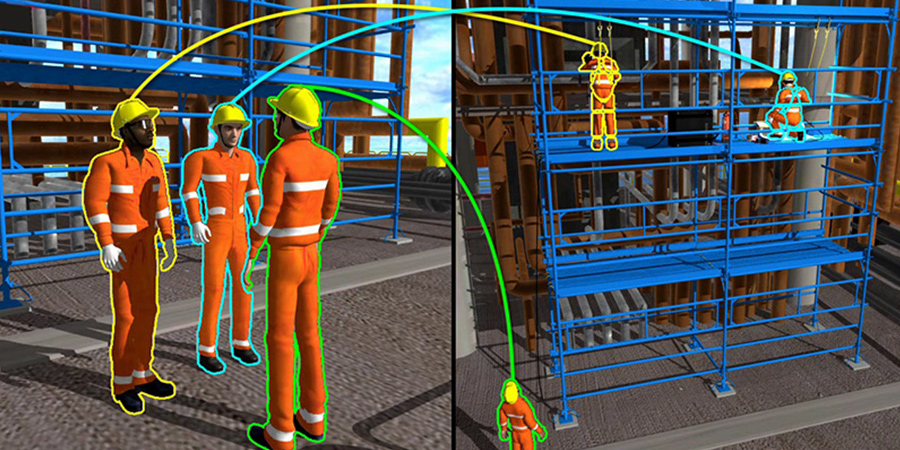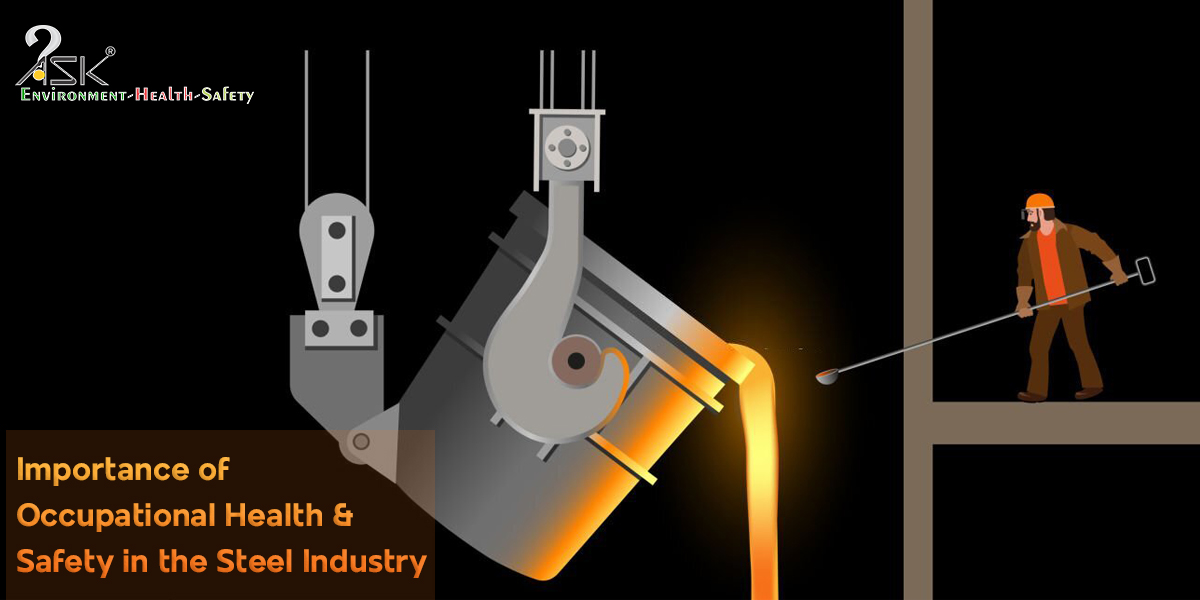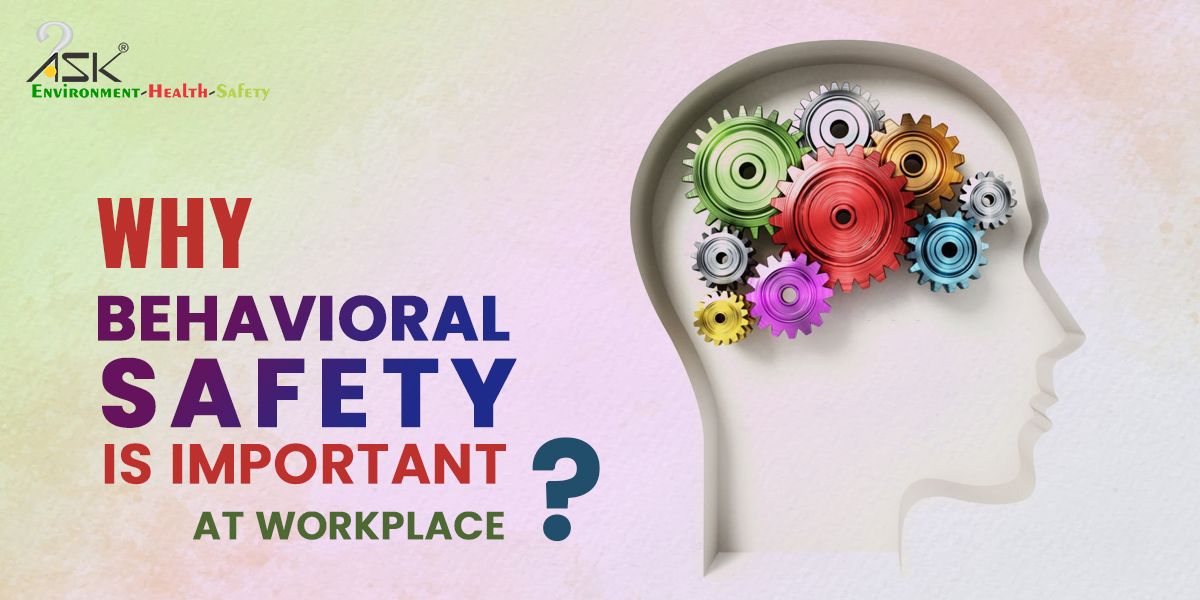Do your workers need a pep talk on Safety?

Every company / organization has its own safety culture. In some organizations, there is a lot of emphasis on safety and its implementation; whereas in some other organizations, it is implemented as a mere formality while importance is given more to production optimization.
Studies have shown that even if a particular organization that has an elaborate safety plan in place; workers have to be made aware and constantly motivated about the importance of safety with a pep talk from time to time. People tend to become overconfident and as a result become complacent and/or careless over a period of time.
When workers become careless; they have to be reminded about safety with a pep talk which can be instrumental in changing their attitude towards their work.
Other than the basic observations, how would we know if the workers need a pep talk or not? Here are a few reasons;
- If there is an increase in accidents or reported near misses
- Resistance from workers to wear proper PPE
- Workers not using tools and equipment properly
- Workers are not fully aware of the dangers associated with their existing work
- If workers are failing to report workplace hazards and near misses
- Workers missing safety meetings / talks
- If the work areas are dirty and dangerous
So, what is a pep talk after all? It is basically a short talk given to workers by their supervisor before commencing any work. Such a pep talk has to be short, not more than 5 minutes, and should be in a simple language that is easily understood by even the common worker who may not be adequately educated.
What has to be conveyed via a pep talk?
- Emphasize that Safety has to be taken as the number one priority.
- Workers have to plan their jobs well in advance before they start any activity.
- Think about what could go wrong and how one can prevent problems / accidents.
- Use labels, MSDS and other safety information so that one knows how to work safely.
- Workers have to focus on their work and avoid distractions.
- Inspect hand tools and equipment before they are used and ensure that the right tool has to be used for the right job.
- Workers have to always follow rules and strictly avoid bypassing safety control measures.
- Take safety training seriously.
- Know what to do in an emergency.
- If the workers are unsure of the safe work procedure; they should first get their doubts clarified from their immediate supervisor.
So pep talks on safety are necessary and our workers definitely need them as they are an easy way for foremen and supervisors to supplement the safety training efforts of their company. It also further emphasizes to workers that safety is a top priority of the company.


